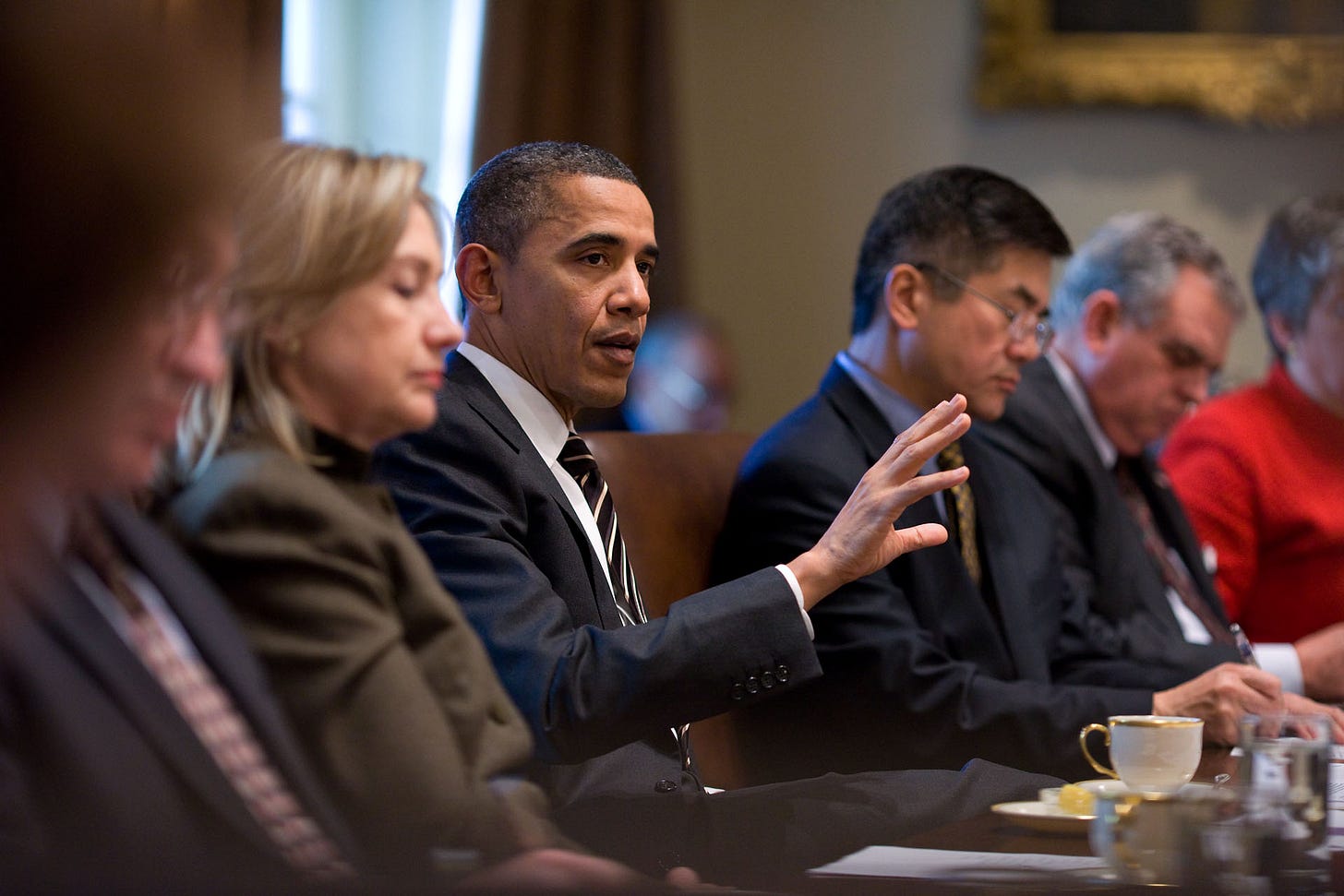'Unfair' Criticism, Confidence in Meetings and Getting Buy-In at Work
This week's Red Diamonds from Communication Intelligence
Red Diamonds is a feature that was a section in Communication Intelligence magazine, now out of circulation, from July 2021 to May 2024.
I’m reintroducing it now, in Communication Intelligence, the newsletter.
Red Diamonds will be a feature that showcases the most illuminating quotes from sources in published articles over the last week.
I hope you enjoy it and share it.
Self Awareness Deficiency Can Lead to Confusion and Pain
Criticism doesn’t land well with most people. “It stings,” as a friend from years ago used to tell me, when people’s disappointment would catch us off guard.
We don’t always see ourselves as other people experience us or we deny our behavior.
“And I would go home and I'd say, 'I'm not really like that and I hate that. It just bothers me that everybody's making me out to be this way,” said Nick Saban, the college football coaching legend about what people said about him early in his career.
“And (my wife) said, 'Do you ever look at yourself? Just look at yourself. You're nervous, you're anxious, you're curt with people, you don't respect them. You know, you say they're asking dumb questions. I mean, what do you expect?'“
Ouch, baby.
Yet Saban, admittedly upset about that response, gave it some thought and learned.
“I said, ‘you know, she's right.’”
Red Diamonds from Communication Intelligence
We may not recognize what’s leading to the criticism, as Saban didn’t, because:
“… we’re too close to our own habits, stress responses or default behaviors to see them clearly,” says Patrice Williams Lindo, a career strategist and leadership coach and the CEO at Career Nomad.
“Stress, insecurity or simply being too focused on ourselves rather than the people we’re interacting with can distort our understanding of how we’re being perceived,” explains Mosun Fapohunda, a consultant psychiatrist at Cassiobury Court.
“There's also a tendency to justify our actions or attitudes to protect our sense of self, which further blocks clarity.”
“When we have a stake in something, it's easy to consider our intentions rather than our delivery,” says Mandi St. Germaine, co-founder at MBS, The Woman Beyond the Cape, which helps to empower women with wellness, spirituality and community.
“Stress, exhaustion or perfectionism can lead us to appear patronizing or intimidating without intending to. Emotions obscure our clarity and we struggle to see ourselves from others' eyes.”
For the complete article, you can read it here.
Be Comfortable in Meetings With High-Status People
It can be an emotional, psychological struggle to be in a meeting with someone of high status and power, real or perceived. It can, for some, negatively impact a person’s confidence and assertiveness. But should it?
"Do not let people think that you don't belong,” former President Barack Obama said. “Once you sit at these tables, with folks with fancy titles, and you talk to them and oh, they ain't all that.”
He offers a reminder:
“They've been given the confidence of feeling like they belong,” Obama said.
“But if you sit down and talk to them, mmm... (grimaces to show they aren't as impressive as he might have thought), it turns out that —That's my point.”
Melinda French Gates also addressed this topic:
"If you have an idea that you think is a good idea, make sure to bring it up because no one else is going to call on you in the room. Everybody's thinking about themselves or the business thing that they're trying to move forward,” she said.
Red Diamonds from Communication Intelligence
“Negative self-talk is a negative feedback loop that is unhealthy at a biochemical level,” says Sam Wright, head of operations and partnerships at Huntr, an AI-powered resume builder and job search platform. “When we tell ourselves we are not worthy, we end up being unworthy.”
“When I have worked with teams, I have noticed a lot of people hesitate to speak up doubting if their input is worth sharing,” Hone John Tito, co-founder of Game Host Bros, which provides server hosting services.
“I shared this same perspective, which led me to doubt my ideas compared to those of others. Learning to stay silent results in lost confidence, apart from missing out on a moment. Once you start holding back, it is easier to keep doing it. People start doubting their abilities, even when they’re more than qualified.”
“One of the best ways to be our best is to take a few moments to get grounded and breathe before entering the meeting,” says Elizabeth Hamilton, an ICF-certified life coach who coaches people through major life or professional transitions.
“Many individuals have rituals before starting meetings. Think of Matthew McConaughey's chest beating in The Wolf of Wall Street or Hannah Waddingham's becoming big in Ted Lasso.
“Create your own ritual that makes you feel calm and powerful, that makes you feel like the strongest version of you. Do that before you go into meetings where you might otherwise feel insecure or intimidated. Remember that you're there for a reason and your contributions are valuable.”
“To feel more comfortable in these rooms, ask yourself, ‘Who better than you?’” Wright says. “The thing to remember is that you offer unique value and that nobody, not the President of the U.S. or a high-flying CEO is actually that much smarter than you. Different experiences, but your experiences matter too.”
“I have been in situations where I felt out of my depth, especially in high-stakes environments, but over time, I learned that confidence comes from embracing the discomfort,” Tito says.
“The first thing I realized is that everyone in the room, no matter how high their position, has their own insecurities. That helped me shift my mindset. Instead of getting intimidated, I focused on what I could bring to the table.”
For the complete article, you can read it here.
Red Diamonds is a Communication Intelligence feature showcasing valuable insights from this past week in the publication.
To sponsor this feature with your name and brand:
Some “Extra” from the “Extra (paid subscribers")” Section
How do you set standards for your organization that get buy in, instead of demanding it or hoping that “malicious compliance” doesn’t happen?
Mike Krzyzewski, the retired Duke basketball coach and Hall of Famer, used a concept when coaching USA Basketball that was interesting. He talked about how his players were going to “live together.”
He didn’t mind egos. At the same time, he knew cohesiveness was a non-negotiable. So how did he go about assuring that would be present with strong personalities in the room, so to speak? He believed in looking each other in the eye and being respectfully truthful. He also believed in setting standards together.
He asked people to volunteer what they wanted and expected of each other.
After each person spoke, he asked them what they thought about it.
Here’s what he heard them say and agree to doing: We should be on time and respect each other. We should have each other’s back. We should do (certain technical parts of the job) and if we do, we will (succeed in a big way). No excuses.
These were successful, highly-competitive people. They spoke their minds. They felt they had agency. They were willing to sacrifice for the greater good. They could have negotiated if they wanted to make adjustments to what was said. The top leader — Krzyzewski — didn’t set any rules. He had the people doing the work of setting agreeable standards.








